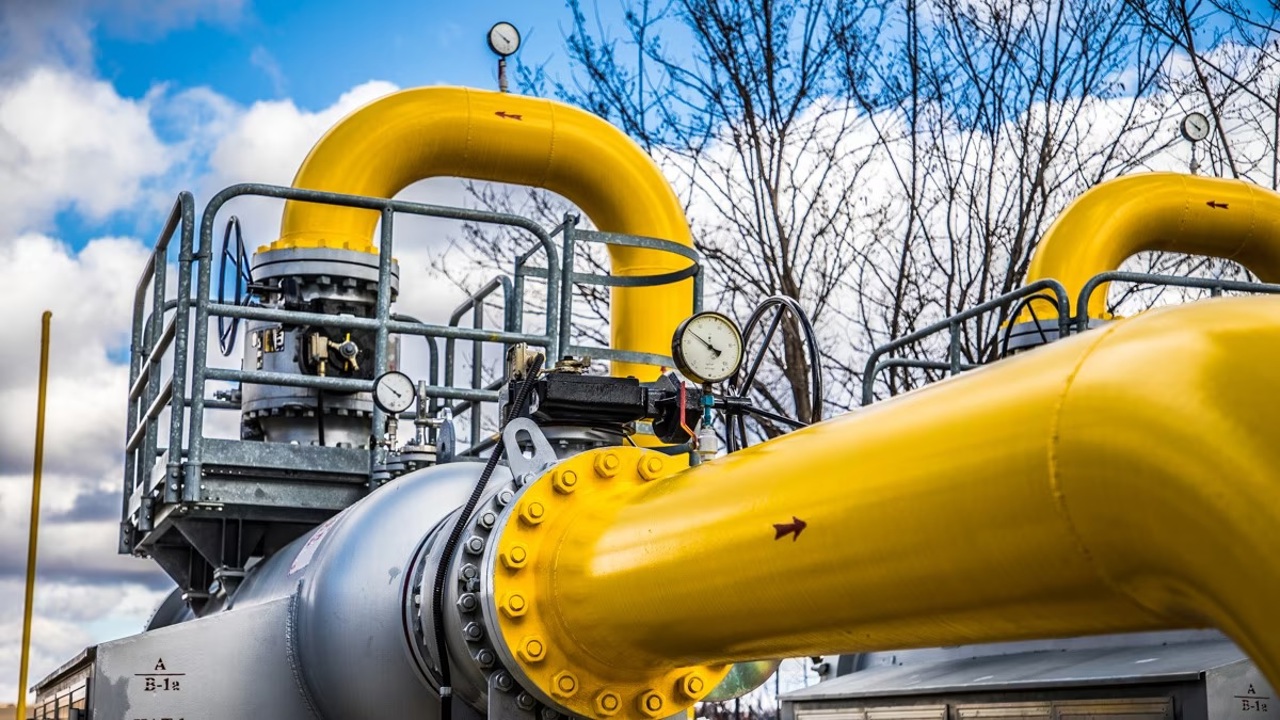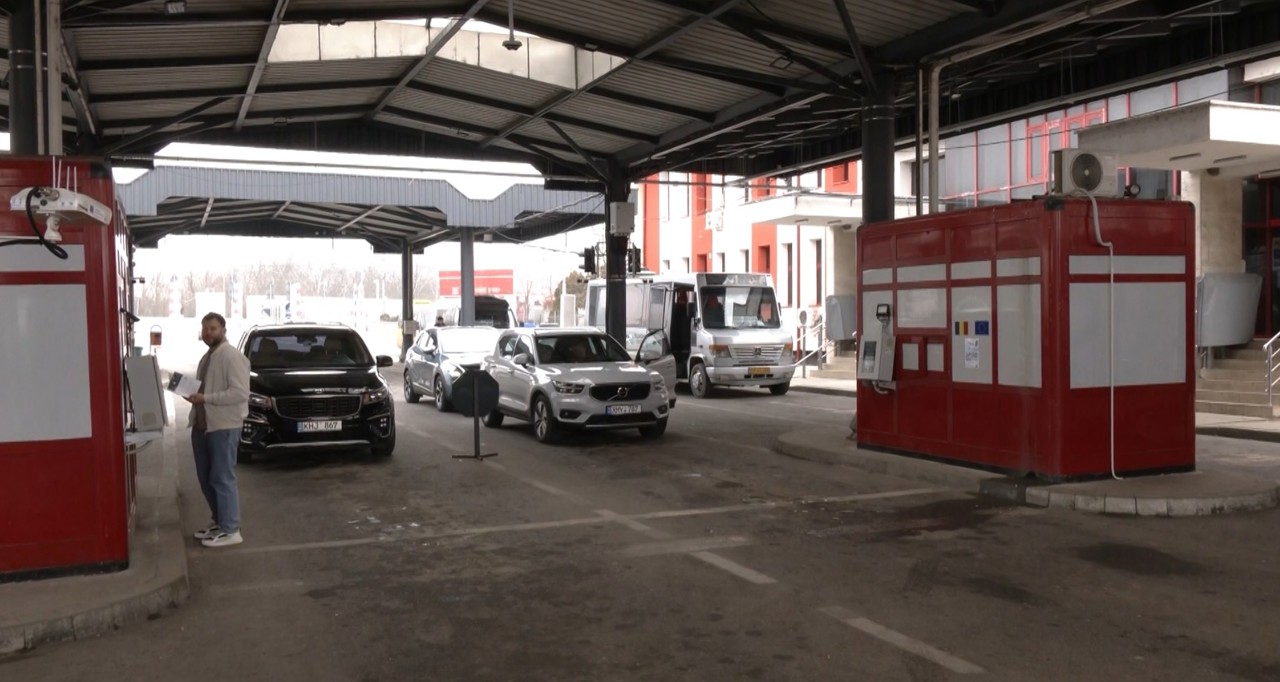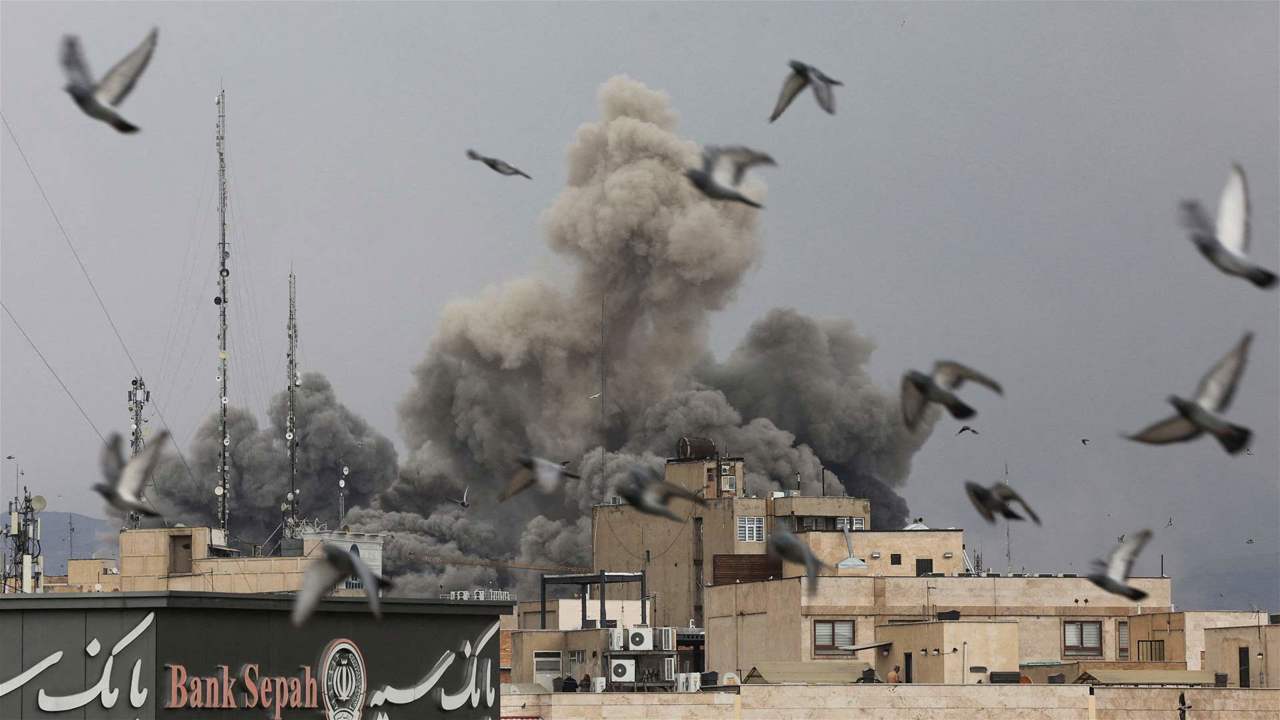Russia uses the issue of gas supply in the left bank of the Nistru to destabilize the situation in the Republic of Moldova, experts
The Russian Federation is using the issue of natural gas supply to the left bank of the Nistru region to destabilize the situation in the Republic of Moldova. One of the scenarios advanced by experts is that Russia will continue to supply gas to the Transnistrian region, even if transit through Ukraine is suspended, but will reduce the volumes. Thus, Chisinau will no longer be able to count on cheap electricity produced by the Cuciurgan Power Plant. The subject was discussed at a debate organized by the IPN news agency.

In the Transnistrian region, there may be several scenarios, including the complete interruption of free natural gas supplies or their supply for a period of one or two months, claims energy security expert Sergiu Tofilat, who, after the recent resignations requested by the prime minister, has submitted his resignation from the board of directors of "Moldovagaz". Tofilat admits that the region will continue to be supplied with gas, partially, that is, in smaller volumes, but sufficient to cover the needs of household consumers, but not the Cuciurgan Power Plant, which produces electricity for the right bank.
"So, the bad side is that, yes, indeed, Putin can create a humanitarian catastrophe there that we will have to manage, but the good side is that this opens up the potential for the reunification of the Republic of Moldova, the peaceful settlement of the Transnistrian conflict, but for this we must cooperate with development partners, because there are also security issues." A possible humanitarian crisis in the region on the left bank of the Nistru is excluded by expert Igor Boțan.
"The idea of a humanitarian crisis was launched in society to destabilize, rather, the situation here, in the Republic of Moldova. I think that Minister Parlicov did the right thing by going to "Gazprom" to discuss. Minister Parlicov's visit to St. Petersburg is a demonstration that attempts are being made to find solutions in the interests of Moldovan citizens living in this territory. We must understand what the goal of the Russian Federation is. It has conveyed to us more than once that the goal is a new world order. For a new world order, which they are striving for, the existing situation and order must be destabilized as much as possible”.
The Russian Federation uses blackmail related to energy sources in several countries, foreign policy expert Mihai Isac emphasized. “We have areas in the Balkans under the control of the Russian Federation and we refer to Serbia, for example, to the Republika Srpska and certain humanitarian crises in that area are also artificially created. We recently saw an act of sabotage in Kosovo, which caused economic losses to the region. We have also seen the use of this weapon of electricity by the Russian Federation in other regions, but what is happening in the transnistrian region has only one goal, namely, to dynamite our fragile democracy”. Ukraine has already announced that it will not start negotiations with Russia on the extension of the agreement on the transit of natural gas through its territory, which expires at the end of 2024, but there is no official decision in this regard for now.
The authorities in Chisinau have prepared several scenarios for the cold period of the year, in case, from January 1, 2025, Russian gas will no longer reach the Republic of Moldova, transiting Ukraine. The assurances were made by the former Minister of Energy, Victor Parlicov. According to him, in the worst-case scenario, in which the left bank of the Nistru does not receive natural gas from Russia, our country will be forced to increase electricity imports from Romania and ban exports of renewable energy to ensure internal security.
We remind you that last week, a state of emergency was imposed in the Transnistrian region due to uncertainty regarding natural gas supplies after January 1. The self-proclaimed authorities on the left bank of the Nistru claim that they are preparing for any scenario that could be applied after January 1.





